Are emotionally extreme life experiences more meaningful? What makes an experience meaningful?
What does it take to live a meaningful life? In trying to answer this question, most researchers focus on the valence of the life experience: is it positive or negative?
Researchers who focus on positive emotions have amassed evidence suggesting that we are more likely to find more meaning in our lives on days when we experience positive emotions.
In contrast, researchers taking a meaning-making perspective tend to focus on meaning in the context of adjustment to stressful events. These two areas of research are often treated separately from each other, making it difficult to answer the question about which valence of our emotional life—positive or negative—is most likely to be meaningful.
Both perspectives may be at least partly right.
Related: The Reason Emotional Trauma Doesn’t Heal and How to Overcome It
Meaningfulness and happiness
In their classic paper ”Some Differences between a Happy Life and a Meaningful Life,“ Roy Baumeister and his colleagues zoomed in on the different outcomes associated with happiness (controlling for meaning) and meaningfulness (controlling for happiness).
Whereas happiness was positively correlated with the frequency of positive events in one’s life and negatively related to the frequency of negative events, greater meaningfulness was related both to a higher frequency of positive events and a higher frequency of negative events, as well as reports of more stress, time spent worrying, and time spent reflecting on struggles and challenges.
What’s going on here?
How can meaningful life be positively associated with both positive and negative experiences?
In a new paper, Sean Murphy and Brock Bastian suggest that a focus on emotional valence may have been a red herring for the field. By intentionally pitting “positive” experiences against “negative” experiences, researchers have focused on the difference between these experiences.
Related: Negative Emotions Are Opportunities for Connection in Relationships
However, Murphy and Bastian argue that this has neglected our understanding of similarities in how the positivity and negativity of experiences are related to meaningfulness. They raise the intriguing possibility that the more relevant factor may be the extremity of the experience, not the valence. Perhaps both extremely pleasant and extremely painful events relative to more neutral events share a common set of characteristics that might lead them to be found more meaningful in life.
They set out to test this idea for the first time.
Across three studies, they collected reports of the most significant events in people’s lives across the emotional spectrum and measured the meaningfulness of the experiences. In line with their prediction, they found that the most meaningful events were those that were extremely pleasant or extremely painful.
They also looked at various qualities of the event that might explain the impact of emotional extremity on meaningfulness. They found that emotionally extreme experiences were found more meaningful in life in large part because of their emotional intensity and the contemplation they inspired (e.g., “I find myself analyzing this experience to try to make sense of it”).
Watch out this video to know about the science of emotions:
In fact, they consistently found that positive and negative events inspired contemplation to about the same degree. While the field has focused mostly on how traumatic events inspire contemplation, this finding is in line with research looking at the rumination that often occurs following positive moods.
Related: 10 Most Crucial Positive Emotions To Cultivate Daily According To Positive Psychology
Their findings on emotionally extreme experiences also point to the importance of intensity in building a meaningful life, a factor that hasn’t received as much attention in the field as the valence of the emotion. This work is important because it ties together literature on the meaning that has often been treated separately, or even in opposition, to each other. As the researchers note, the “commonalities reveal a more complete and nuanced picture about what determines the events we find meaningful and memorable.”
Rethinking the Good Life
Their findings have a number of important implications for our understanding of the good life as well as our understanding of human nature more generally. On the surface, it may seem perplexing that so many people intentionally behave in counter-hedonic ways, actively seeking out unpleasant experiences.
For instance, in their paper “Glad to be Sad, and Other Examples of Benign Masochism,” Paul Rozin and his colleagues found that 29 initially aversive activities—including watching frightening movies, viewing sad paintings, listening to sad music, eating spicy food, listening to disgusting jokes, going on thrill rides, having a painful massage, and being physically exhausted—produced pleasure in a substantial number of individuals. Rozin and his colleagues ended their paper noting that if “we had a better understanding of the function of sadness, we would no doubt be able to make more sense of this.”
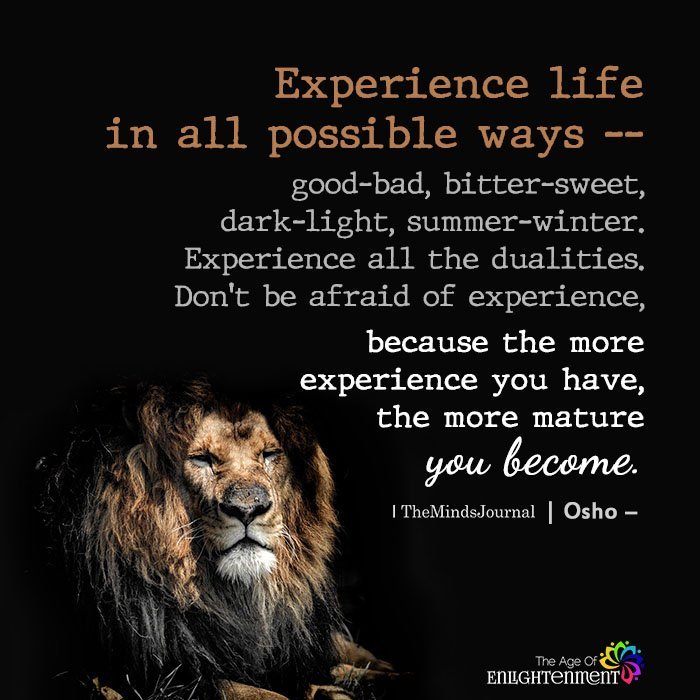
However, the findings of Murphy and Bastian suggest that it’s not the sadness, per se, that is enjoyable, but the intensity of the experience that is enjoyable because it leads to a greater sense of meaning.
Related: Harvard Study Finds #1 Way To A Good Life
This makes sense from a narrative identity perspective: our life story and our sense of who we are is a carefully constructed selection of meaningful events from our lives.
The events that we find most worthy of incorporating into our life story may be those that are most intense. The greater contemplation associated with intense experiences may increase the likelihood that we consider such events self-defining.
Over 50 years ago, Abraham Maslow talked about the importance of “peak experiences,” which he described as “rare, exciting, oceanic, deeply moving, exhilarating, elevating experiences that generated an advanced form of perceiving reality, and are even mystic and magical in their effects…” While people often talk about the euphoria of peak experiences, Maslow often pointed out how overcoming intense challenges and setbacks can be a key trigger for a peak experience.
Similarly, in his 2018 book The Other Side of Happiness: Embracing a More Fearless Approach to Living, Bastian argues that suffering and sadness are actually necessary ingredients for happiness.
He notes that “the most thrilling moments in our lives are often balanced on a knife-edge between pleasure and pain…Our addiction to positivity and the pursuit of pleasure is actually making us miserable… without some pain, we have no real way to achieve and appreciate the kind of happiness that is true and transcendent.” Yale psychologist Paul Bloom has also been making sense of the “pleasures of suffering.”
Emotionally Extreme Experiences, Not Just “Positive” or “Negative” Experiences, Are More Meaningful in Life
These findings also have implications for the mindfulness craze and provide a much-needed counterpoint to the current trend of viewing calm and tranquil experiences as most conducive to a life well-lived. To be sure, mindfulness, meditation, and cultivating inner calm can be beneficial for reducing anxiety, improving depression, and helping us cope with pain.
Related: 4 Ways To Cope With Negative Emotions
However, the intensity of peak experiences may be more likely to define who we are. At the end of our lives, will we look back and remember most poignantly all of the calm and tranquil meditation sessions we had, or will we remember the moments that plumbed the depths of our emotional life, that made us feel most alive?
Written by Scott Barry Kaufman
Originally appeared in Scott Barry Kaufman
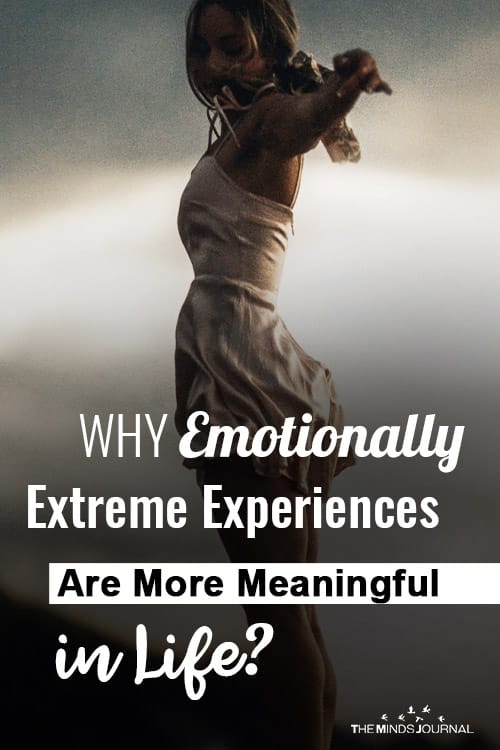
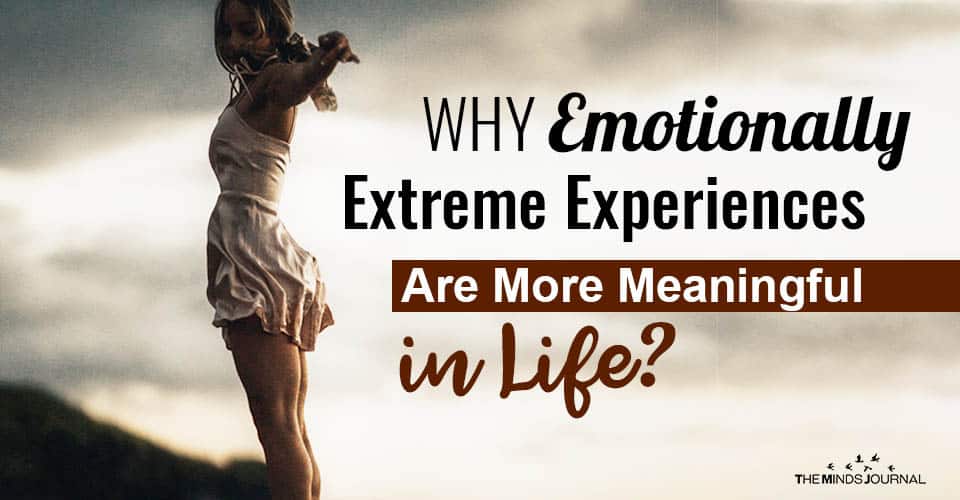





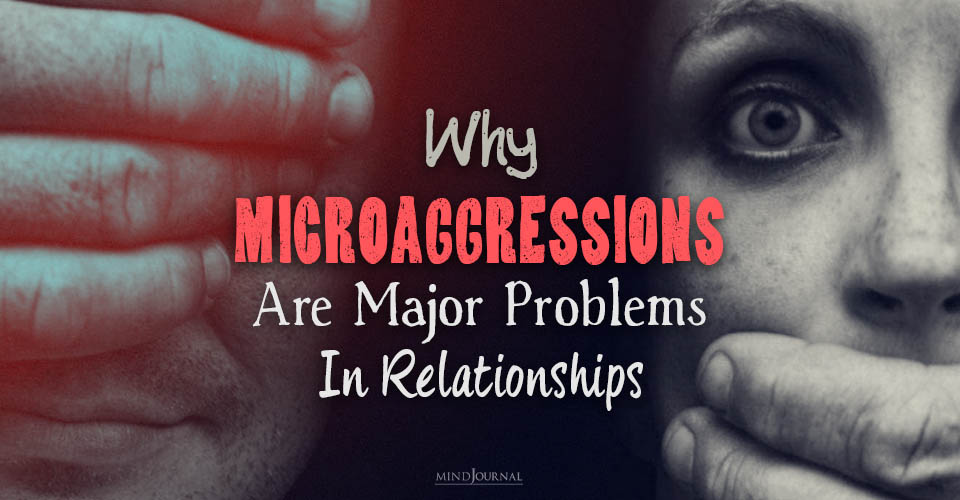



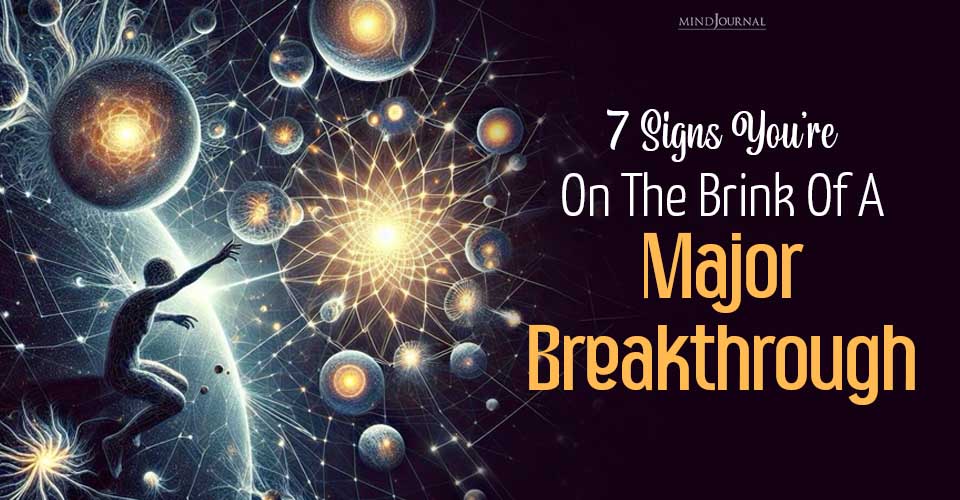


Leave a Reply
You must be logged in to post a comment.